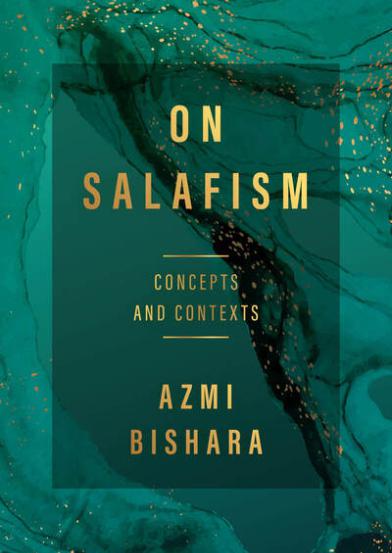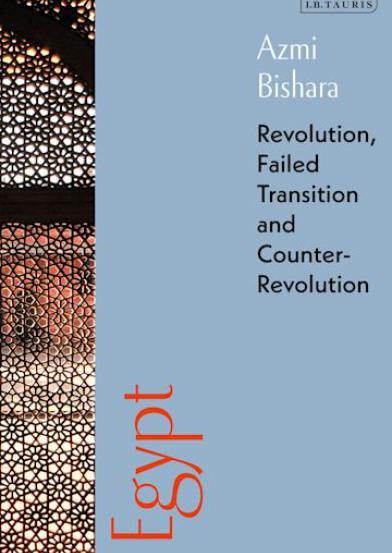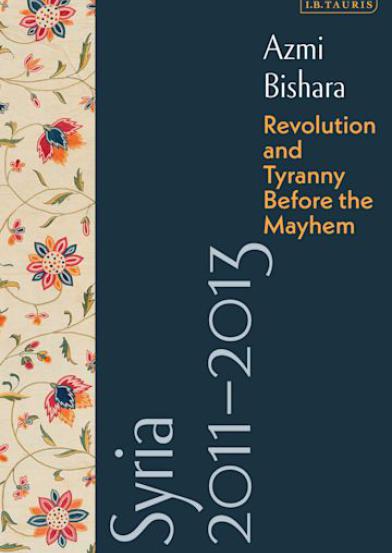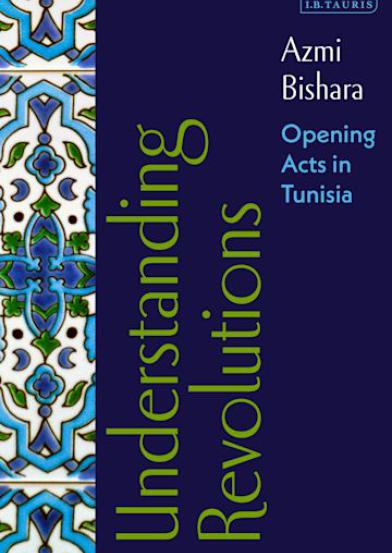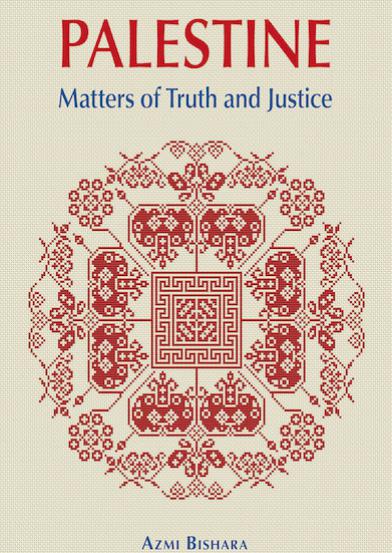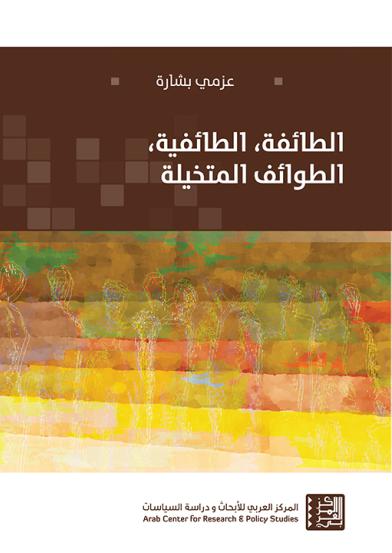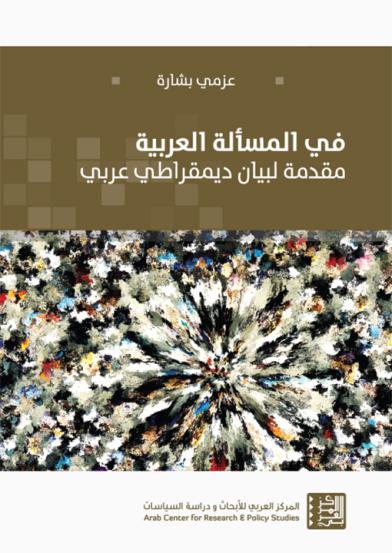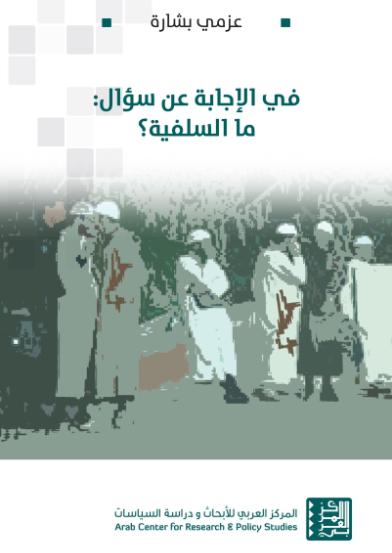Arab Spring
According to liberal ideals, the state does not have specific duties beyond protecting freedoms in the broad sense, and the rights that derive from them, and providing what is needed for the exercise of these freedoms and rights.
The revolution in Tunisia is progressing from one achievement to another. Obstacles flee in the face of the peaceful and unified grassroots movement. One barrier after the other collapses at the sound of the footsteps of the revolution as it advances. The great civilian revolution has carried the country into a new dimension and hurled it to the speed of light.
The Tunisian and Egyptian revolutions heralded a new Arab era in which it is possible to couple freedom and social rights, sovereignty and citizenship. Arab regimes will not deride their populations anymore; and they will be facing a choice between comprehensive reforms and the complete overthrow of the regime.
It is not Arabs alone who are caught in the crises of Syria and Iraq, whose Arab identity and unity are at risk. Iran is also facing a real crisis there. Iran is so drained in these two countries that it has had to take action to address the state of restlessness among Iraqi Shia Arabs. One can only imagine what Iran's position in Iraq will be like a decade from now.
The Turks, a people who have long suffered from military rule, have only bitter memories of coups. In their political culture, the Turkish people consider military coups, regardless of the lure of their discourses and slogans, an assault on their will and right to choose their rulers.
One way or another, we thought that 2011 finally debunked the oft-repeated claims of Arab exceptionalism as an "explanation" for reluctance to begin a democratic transformation.
The following text is the introduction to the sixth edition of the book Civil Society: A Critical Study, which came out in early-2012. The author, Dr. Azmi Bishara, intended the introduction to be a link between the themes of the book and the ongoing developments and shifts in the Arab homeland, chief among them the Arab revolutions.
In his paper, titled “What Defines Terrorism? The Identity of the Victim or the Victimizer?” Azmi Bishara offered precise answers to questions related to terrorism and its definitions. He used a comprehensive approach to the issues surrounding the terms “terrorism” and “war on terror”, which both hinder the correct understanding of such phenomena.
Tunisia is facing immense challenges. Its experiment is surrounded by grave risks, most of which are socio-economic in nature.
True, the political landscape of Tunisia is yet to settle on a stable form. However, this is not the main threat to the fledgling Tunisian democracy.
Books
Bishara is particularly known for his research on civil society, nationalism theory, what he refers to as "the Arab question", religion and secularism
